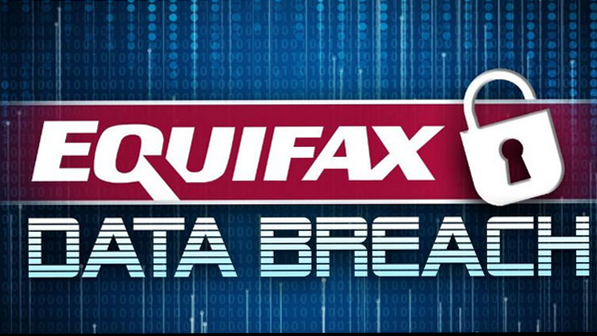|
Message from Orlando Leon, Chief Information Officer:
Reducing the Risk of Identity Theft following the Equifax Security Breach
I want to take an opportunity to encourage you to spend a few moments getting up to date information about best practices in combating identity theft. On September 7, Equifax, one of the nation’s three largest credit-reporting and monitoring agencies, disclosed a data breach that may be one of the worst in history when considering the type of information that was compromised along with the number of people affected.
According to Equifax, full names, street addresses, dates of birth and Social Security numbers, for 143 million people, or approximately 44% of the U.S. population, were stolen by online criminals between May and July 2017. That information is all that a data thief needs to completely impersonate someone else — to have credit cards issued, mortgages obtained, loans made, utility accounts opened, paychecks redirected, even jobs taken or arrest records made in your name.
You may be wondering about what steps to take right now to protect your own identity if your information was included in the Equifax breach.
Equifax plans to notify people whose credit card information was exposed. If you receive a notice…
- Contact your bank or credit card company to cancel your card and request a new one.
- Review your transactions regularly. Make sure no one misused your card.
- If you find fraudulent charges, call the fraud department and get them removed.
- If you have automatic payments set up, update them with your new card number.
- Check your credit report at annualcreditreport.com
Find out if your information was exposed....
Visit Equifax’s website, equifaxsecurity2017.com. Click on the “Potential Impact” tab and enter your last name and the last six digits of your Social Security number. Your Social Security number is sensitive information, so make sure you’re on a secure computer and an encrypted network connection any time you enter it. The site will tell you if you’ve been affected by this breach.
Equifax is offering free services to all U.S. consumers due to the breach. Whether or not your information was exposed, U.S. consumers can get one year of free credit monitoring and other services. The site will give you a date when you can come back to enroll. Write down the date, come back to the site and click “Enroll” on that date. You have until November 21, 2017 to enroll.
Monitor your credit card and bank accounts closely. If you find charges you don’t recognize, come back to identitytheft.gov to report it. Even a small change can be a sign of fraud, so pay close attention to any charges or changes you did not make, in addition to accounts you do not recognize.
Here are some additional steps you might want to take:
If your Social Security Number (SSN) was exposed…
- Consider whether you want to sign up for the free credit monitoring services that Equifax is offering. Equifax’s website, http://www.equifaxsecurity2017.com.
- Get your free credit reports from annualcreditreport.com, and check for any accounts or charges you don't recognize. You can order a free report from each of the three credit bureaus once a year.
- Consider placing a credit freeze. A credit freeze makes it harder for someone to open a new account in your name.
- If you place a freeze, you'll have to lift the freeze before you apply for a new credit card or cell phone - or any service that requires a credit check.
- If you decide not to place a credit freeze, at least consider placing a fraud alert.
- Continue to check your credit reports at www.annualcreditreport.com. You can order a free report from each of the three credit reporting agencies once a year.
I urge you to remain vigilant in protecting your identity. Thank you for your help!
Sincerely,
Orlando Leon, Chief Information Officer
|


